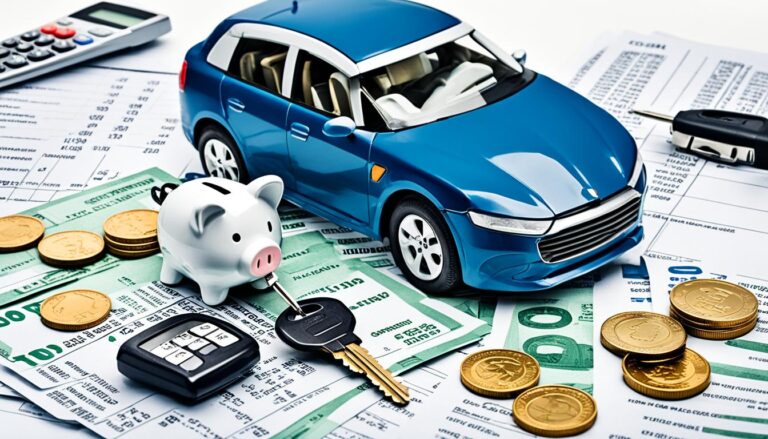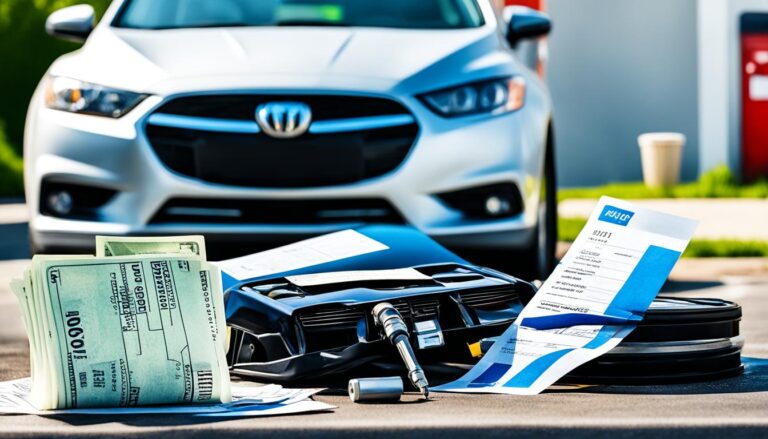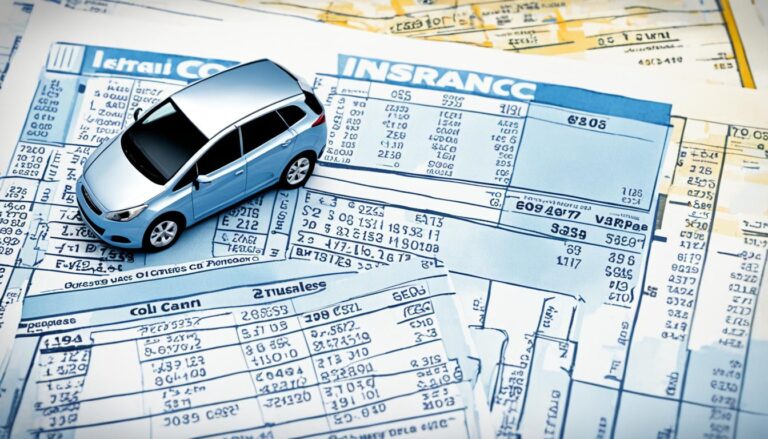As car owners, we understand the importance of managing the various expenses associated with our vehicles. From the moment we start our engines, we’re faced with a range of operating costs that can significantly impact our budgets. In this article, we’ll explore the common examples of these expenses, shedding light on the factors that influence them and the strategies we can employ to keep our automotive costs under control.
Owning and operating a vehicle involves a complex web of financial considerations, and it’s crucial to have a clear understanding of these costs to make informed decisions. Whether you’re a daily commuter, a weekend adventurer, or a fleet manager, being aware of the operating expenses associated with your vehicle can help you budget effectively and maximize the value of your transportation investment.
Fuel Expenses: A Significant Ongoing Cost
When it comes to operating a vehicle, few expenses loom as large as fuel costs. Gasoline and diesel fuel can make up a substantial portion of your overall vehicle operating budget, and understanding the factors that influence these costs is crucial for managing your transportation expenses effectively.
Factors Influencing Fuel Costs
The price of fuel is the primary driver of your fuel expenses, and this can fluctuate significantly based on global market conditions, regional supply and demand, and even seasonal variations. Your vehicle’s fuel efficiency also plays a major role, as more efficient models will require less fuel to travel the same distance, resulting in lower fuel costs. Additionally, your driving habits can have a considerable impact, with aggressive acceleration, high-speed driving, and excessive idling all contributing to higher gas prices.
Strategies for Improving Fuel Efficiency
Fortunately, there are several strategies you can employ to improve your vehicle’s fuel efficiency and reduce your overall fuel costs. Regular vehicle maintenance, such as keeping your tires properly inflated and your engine tuned, can go a long way in maximizing your fuel economy. Adopting more conscious driving habits, like gradual acceleration, maintaining consistent speeds, and minimizing unnecessary idling, can also yield significant savings at the pump.
| Fuel Efficiency Tips | Potential Fuel Savings |
|---|---|
| Properly inflating tires | Up to 3% improvement |
| Removing unnecessary weight | Up to 2% improvement |
| Driving at moderate speeds | Up to 7% improvement |
| Avoiding aggressive acceleration | Up to 5% improvement |
By understanding the factors that influence your fuel costs and implementing strategies to improve your vehicle’s fuel efficiency, you can take control of this significant operating expense and keep your transportation costs under control.
Insurance Premiums: Protecting Your Investment
As responsible vehicle owners, it’s crucial to protect our investment with comprehensive auto insurance coverage. From liability to collision and comprehensive protection, the cost of insurance premiums can be a significant part of our vehicle operating expenses. Let’s explore the different types of coverage and factors that can affect our insurance rates.
Understanding Auto Insurance Coverage
Auto insurance policies typically include several key components:
- Liability Coverage: This coverage protects us if we’re found legally liable for damages or injuries caused to others in an accident.
- Collision Coverage: Collision insurance helps cover the cost of repairing our vehicle if we’re involved in a collision with another car or object.
- Comprehensive Coverage: Comprehensive coverage protects us from non-collision related damages, such as theft, vandalism, or natural disasters.
The cost of our auto insurance premiums can vary depending on a variety of factors, including our driving record, the make and model of our vehicle, our age, and the coverage levels we choose.
Factors Affecting Insurance Rates
Some key factors that can influence our insurance rates include:
- Driving History: Our past driving record, including any accidents or traffic violations, can significantly impact our insurance rates.
- Vehicle Type: The make, model, and age of our vehicle can also affect the cost of our auto insurance premiums.
- Location: Where we live can play a role in our insurance rates, as some areas may have higher rates of accidents, theft, or natural disasters.
- Coverage Levels: The higher the coverage limits we choose, the more we can expect to pay in insurance premiums.
By understanding these factors and shopping around for the best auto insurance rates, we can find a policy that provides the coverage we need without breaking the bank.
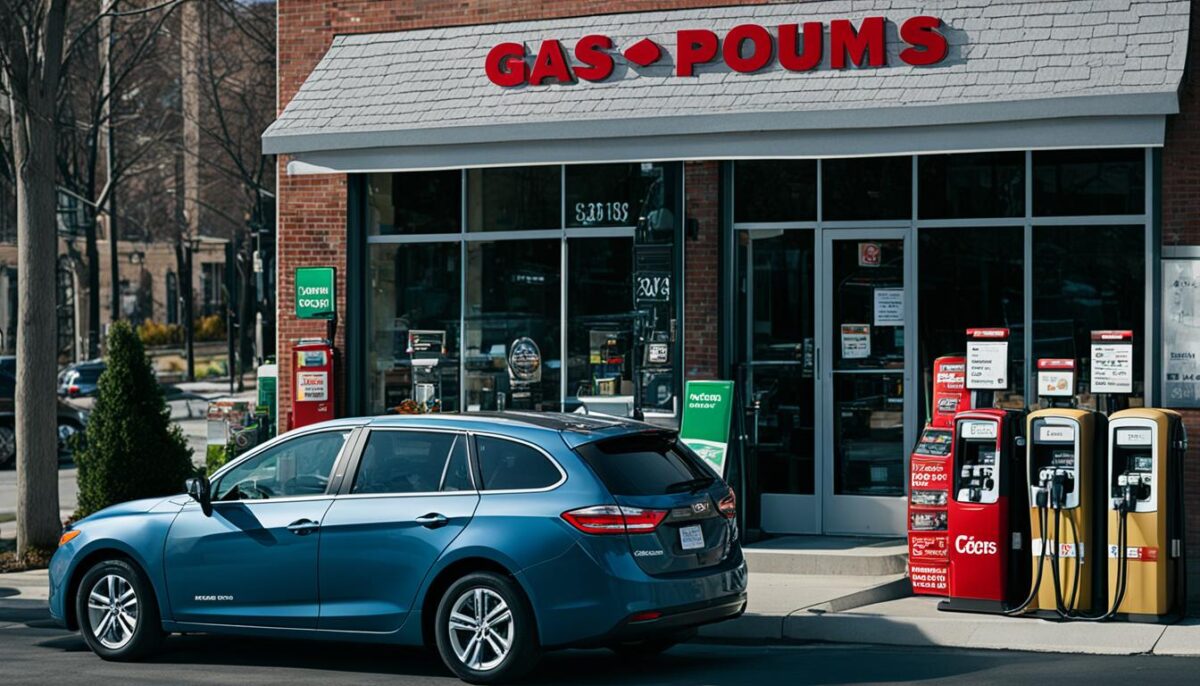
| Coverage Type | Description | Average Monthly Cost |
|---|---|---|
| Liability Coverage | Protects us if we’re found legally liable for damages or injuries caused to others | $50 – $150 |
| Collision Coverage | Helps cover the cost of repairing our vehicle if we’re involved in a collision | $70 – $200 |
| Comprehensive Coverage | Protects us from non-collision related damages, such as theft, vandalism, or natural disasters | $40 – $100 |
“Protecting our vehicle investment with the right auto insurance coverage is crucial. By understanding the different types of coverage and factors affecting our rates, we can make informed decisions to ensure we’re properly protected on the road.”
Examples Operating Costs Vehicle
Owning and operating a vehicle involves more than just the initial purchase price. There are various ongoing costs that vehicle owners must factor in to maintain their mode of transportation. In addition to fuel and insurance expenses, which we’ve discussed earlier, let’s explore some other common examples of vehicle operating costs.
Fixed vs. Variable Costs
Vehicle operating costs can be divided into two main categories: fixed costs and variable costs. Fixed vehicle costs are expenses that remain relatively constant regardless of how much the vehicle is driven, such as insurance premiums, vehicle registration fees, and depreciation. Variable vehicle costs, on the other hand, fluctuate based on factors like mileage, driving conditions, and usage, including fuel consumption, maintenance, and repairs.
Ownership Costs: Depreciation and Registration
One of the most significant fixed costs associated with vehicle ownership is depreciation. Vehicles typically lose a significant portion of their value the moment they are driven off the dealership lot, and this depreciation continues over time. Additionally, vehicle registration fees are required in most states, and these costs can vary depending on the location, vehicle type, and other factors.
| Cost Category | Examples |
|---|---|
| Fixed Costs |
|
| Variable Costs |
|
By understanding the distinction between fixed and variable vehicle costs, as well as the ownership expenses associated with depreciation and registration, you can better plan and budget for the ongoing operation of your vehicle.
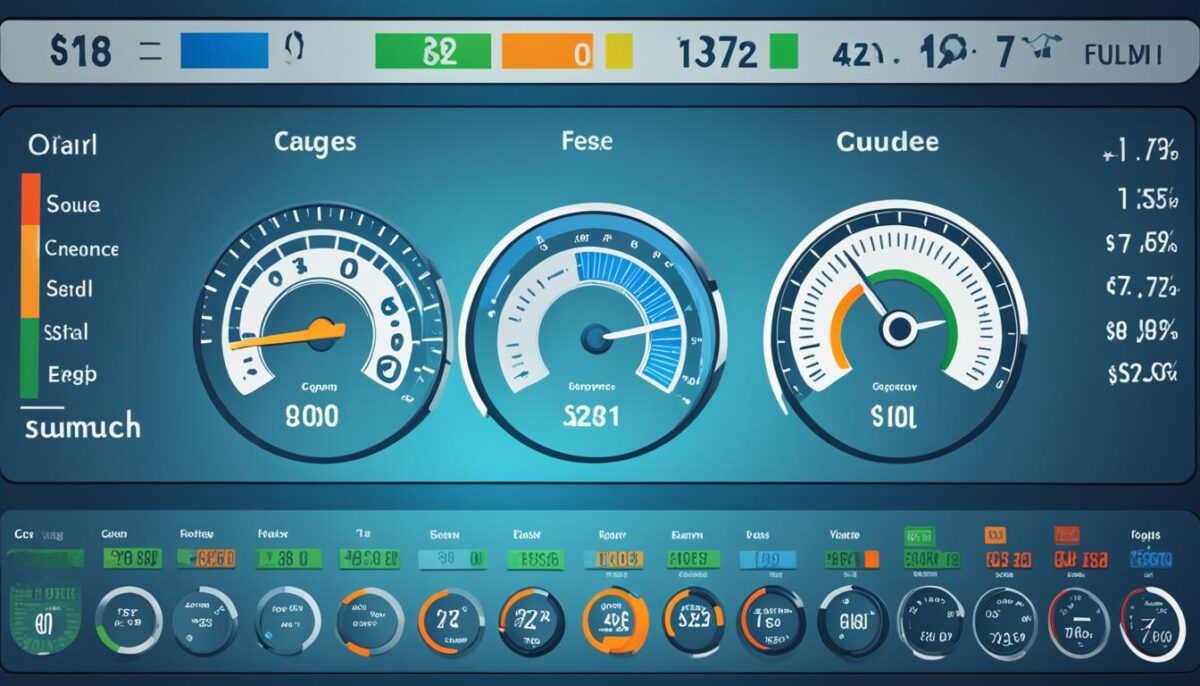
“Keeping track of both fixed and variable vehicle costs is essential for managing your overall transportation expenses effectively.”
Maintenance and Repairs: Keeping Your Vehicle Roadworthy
Maintaining the health of your vehicle is essential for ensuring its longevity and your safety on the road. Regular maintenance, such as oil changes, tire rotations, and brake inspections, not only helps prevent major problems but can also improve your vehicle’s fuel efficiency and performance.
When unexpected repairs are needed, it’s important to address them promptly to avoid further damage or safety concerns. While some repair costs may be unavoidable, being proactive with preventive maintenance can help minimize the frequency and severity of these expenses.
By budgeting for both routine maintenance and potential repairs, you can better manage the overall operating costs of your vehicle and keep it running smoothly for years to come. Remember, a well-maintained car not only saves you money in the long run but also provides peace of mind on the road.

